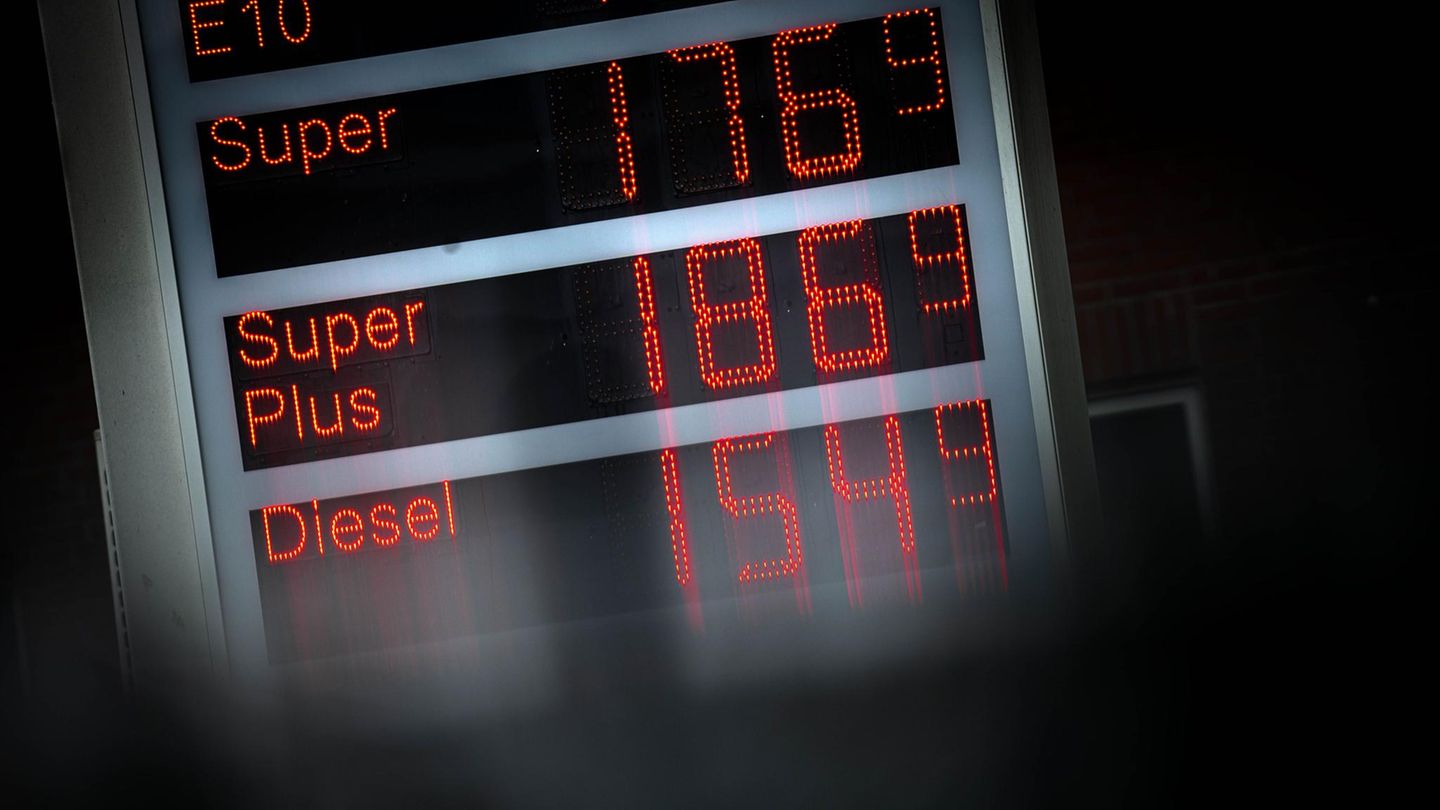Menu
British exit from the EU: German-British business calls for easier exchange
Categories
Most Read
Beer: Breweries want to raise prices
October 17, 2025
No Comments
Today in the Federal Council: Austria as a role model? What the fuel price proposal is about
October 17, 2025
No Comments
More than 13 thousand people and 85 companies participated in the BA Employment Expo
October 17, 2025
No Comments
They warn that the tax burden on final prices of goods and services leaves companies out of competition
October 16, 2025
No Comments
After freezing spending, the Government achieved a primary fiscal surplus of almost $700 billion in September
October 16, 2025
No Comments
Latest Posts

Patches for frown lines: These products have an anti-aging effect
October 17, 2025
No Comments
CarolineI’m Caroline, a journalist and author for 24 Hours Worlds. I specialize in health-related news and stories, bringing real-world impact to readers across the globe.

Against fluctuating fuel prices: What Baden-Württemberg is planning
October 17, 2025
No Comments
AngelicaI am an author and journalist who has written for 24 Hours World. I specialize in covering the economy and write about topics such as

Recognizing “werewolf syndrome” in dogs – this is how you react correctly
October 17, 2025
No Comments
CarolineI’m Caroline, a journalist and author for 24 Hours Worlds. I specialize in health-related news and stories, bringing real-world impact to readers across the globe.
24 Hours Worlds is a comprehensive source of instant world current affairs, offering up-to-the-minute coverage of breaking news and events from around the globe. With a team of experienced journalists and experts on hand 24/7.

